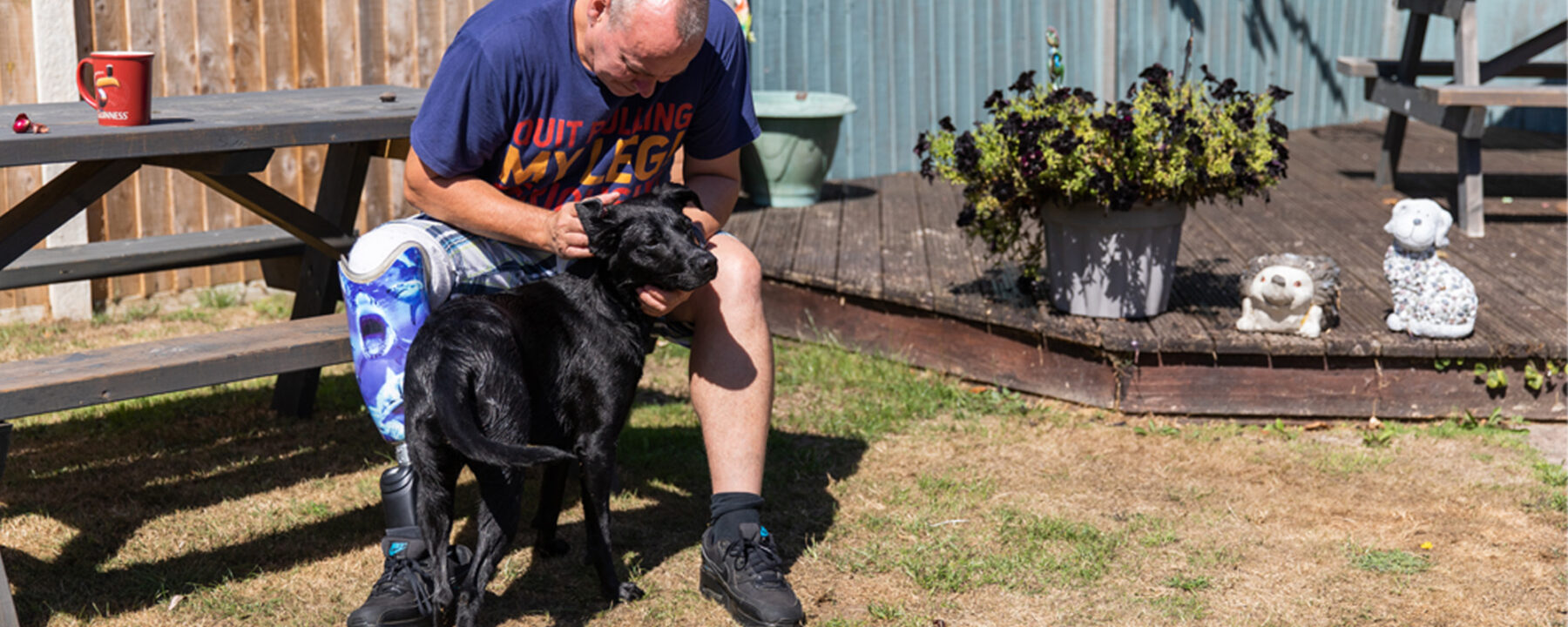
Physio Facts - Rest
Rest isn’t just for the wicked - it should be for everyone! I sometimes feel that when my clients become amputees, something switches on and all of a sudden they think that they should always be active, making the most of every second and pushing themselves to do that little bit extra. This kind of attitude is great to see and it will certainly help you through rehab and on your way to achieving your goals. However, if you don’t schedule in some rest, you’ve got a one way ticket to a burnout! Athletes call it overtraining syndrome and it affects everyone in just the same way.
First of all let’s get a bit sciencey! As by now you may have realised that I’m a bit of a geek and I’m totally cool with that! For our muscles to work they use different energy systems. You may have heard of aerobic and anaerobic but that’s just the tip of the iceberg. Depending on the activity you’re doing you’ll use different energy sources to do it. See the table below.
So if you have a look at the Work: Rest Ratio column - this isn’t just plucked out of the air as a recommendation. These times are based on how long it takes our bodies to replenish the cell’s energy so that it can contract your muscle again. Sprinters are really good at using the ATP systems in the table and long distance runners are great at the oxidative systems. The fitter you are at something the better you will be at using that particular method of moving your muscles.
Rest is really important to give your body time to replenish its energy system and maintain good muscle movement for your task. Time in between sets of exercises also gives you time to reflect so that you can think about the skill you’re learning, how to do it better and what parts you’re doing well. I know it is super tempting to skip the rest period and get through your exercises as quickly as possible in order to get them out the way. But believe me, you’ll get the most out of them if you put more thought and time into each section and take the right amount of rest in between sets.
Rest days are also an important element a lot of people forget to give themselves. When you’re training hard on a new prosthesis, or going down the gym, you need to make sure you have at least one rest day a week. This doesn’t mean you have to sit down all day, but it does mean taking it easy. You can do your stretches or go for a gentle swim. Rest days can also be useful in planning your week. If you’re a new lower limb amputee and you know on Saturday you’d like to go shopping with friends, then make sure Friday is an easier day. Rest days during your week allow your muscles to repair and gives you a chance to recover from all your hard work.
Rest doesn’t just help physically either. So many things going on can be overwhelming for your brain, not to mention the trauma you may have suffered losing a limb. So taking the time for yourself can play a vital role in your mental recovery too. All it takes is 10 minutes of a podcast, or maybe try a mindfulness or meditation app, have a soak in the bath with some candles or a sit outside with a lovely view. However you choose to chill out make sure you make time for it just like you would an appointment or a gym workout - it is equally as important. Everyone needs balance in their lives and everyone deserves a little time out!
Please email Beth with any questions you may have - bethl@dorset-ortho.com
